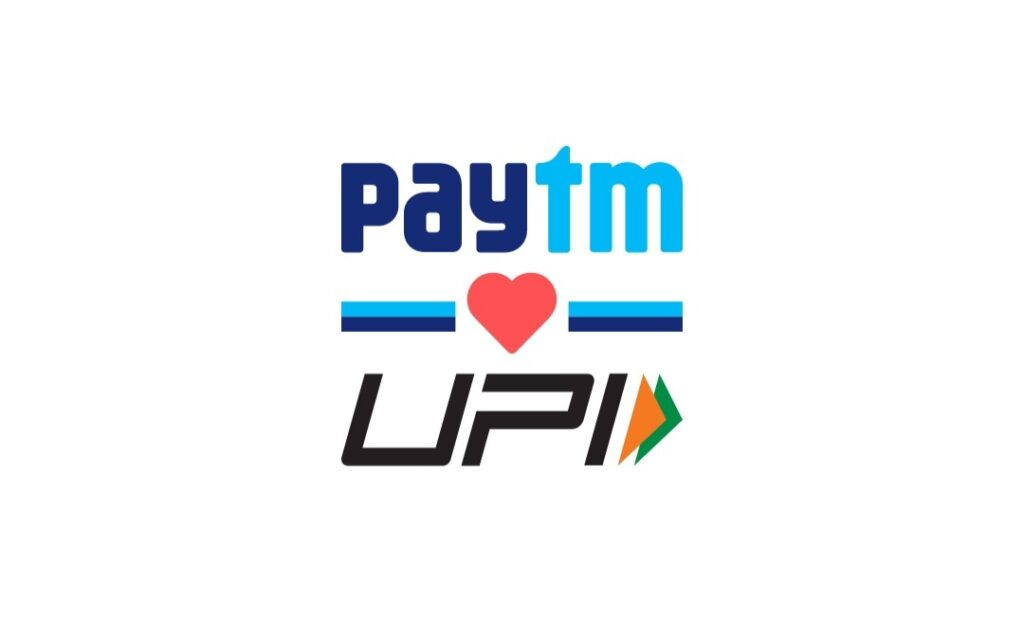Discover the latest RBI crackdown on Paytm Payments Bank. Uncover the fate of FASTags after February 29 and how Paytm plans to navigate this financial storm. Get the inside scoop on potential impacts and Paytm’s strategic shift towards external partnerships. Stay informed for a seamless digital payment experience.

The Reserve Bank of India (RBI) has taken stringent actions against Paytm Payments Bank Limited, an affiliate of the well-known digital payments firm Paytm. This move was prompted by the RBI’s concerns over non-compliance and material supervisory issues within the bank.
The central bank’s directive, effective from February 29, 2024, prohibits any further deposits, credit transactions, or top-ups in various customer accounts and instruments, including wallets, FASTags, NCMC cards, and more.
One notable question arising from this directive pertains to the fate of Paytm FASTags after the specified date. According to the RBI, users will no longer have the ability to recharge or top up their Paytm FASTags using the Paytm Wallet.
Also Read:- Navigating Budget 2024: Expectations, Insights, and Sector-specific Hopes
Paytm’s parent company, One97 Communications Limited (OCL), released a detailed statement addressing this concern. OCL assured users that the RBI’s actions would not impact existing balances in savings accounts, wallets, FASTags, and NCMC accounts, allowing continued usage.
However, ambiguity remains regarding the operational sustainability of Paytm FASTags, given that the primary means of recharging—via the Paytm Wallet—has also been restricted after February 29. Additionally, several other essential banking services have been barred as per the RBI’s directive.
To navigate these challenges, Paytm seems to be adjusting its strategy. OCL announced that moving forward, they will exclusively collaborate with external banks, severing ties with Paytm Payments Bank Limited. This strategic shift is aimed at preventing disruptions in Paytm’s services. It suggests that Paytm will seek partnerships with more external banks to maintain operational continuity.
In terms of financial impact, Paytm anticipates a “worst case impact” ranging from Rs 300 crore to Rs 500 crore on its annual EBITDA due to the RBI’s actions. Despite this, the company expresses confidence in its ability to improve profitability in the long run, depending on the nature of the resolution to the current situation. This marks a significant development in the trajectory of Paytm’s operations and strategic partnerships.
